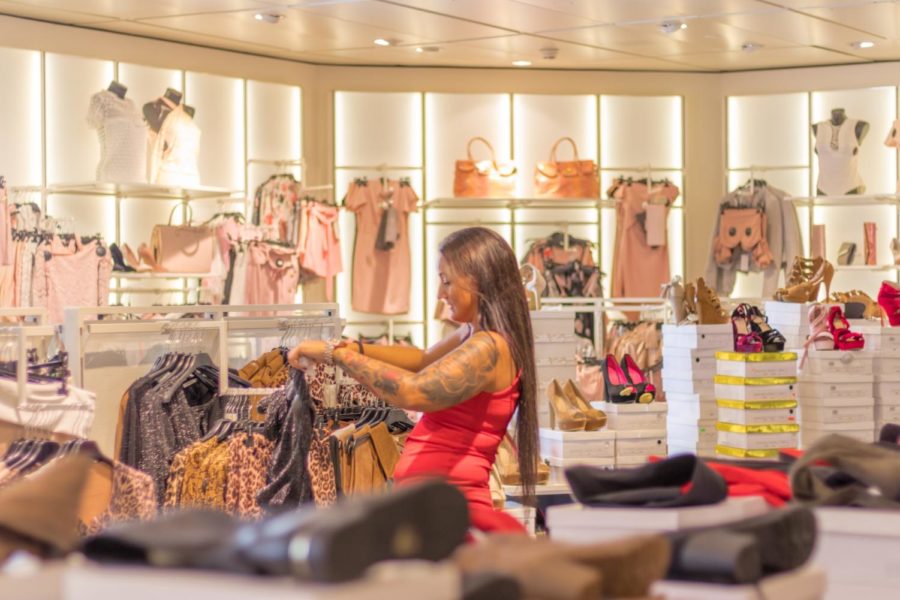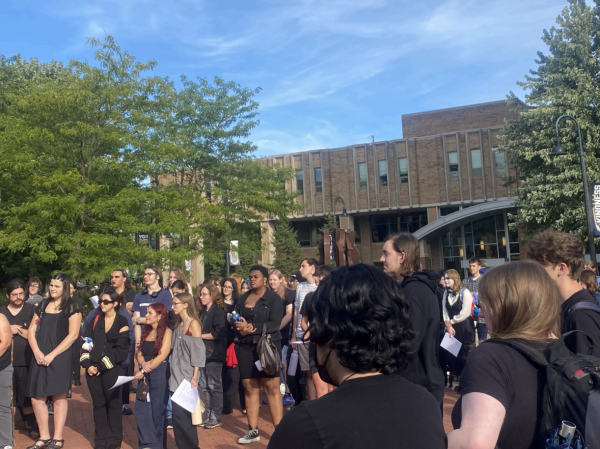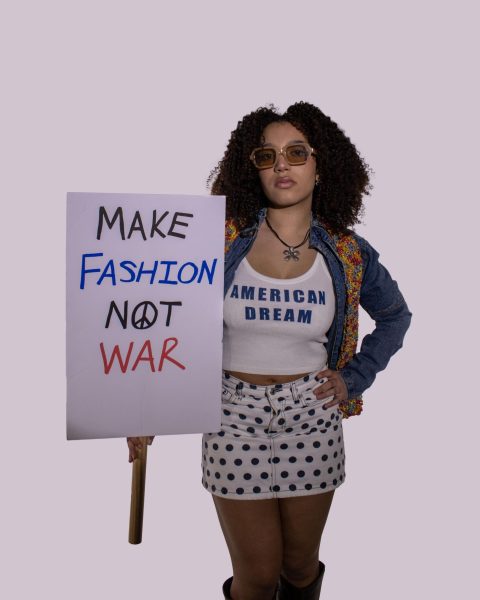the influence of de-influencing: because capitalism just isn’t trendy anymore
Every year there seems to be a new “trend” consuming social media platforms and their top content creators. Recently, popular creators have begun to trade in their “influencer” title to instead become the “anti-influencer.”
De-influencing is when social media users tell you what products or content that aren’t worth your time and money instead of pushing for you to buy “must-have” items.
This trend, if lasting, could have a positive impact on mitigating the increase in consumerism seen during the rise and current peak of social media.
According to the Digital Marketing Institute, 49% of consumers rely on influencer recommendations.
Recommendations can be made both for or against a product for trend. Take for example TikTok user themelaninemorgan’s classic de-influencing TikTok about what products you don’t need to buy.
This message can mean a lot in terms of the overconsumption that influencers can heavily cause by constantly recommending new, expensive products to their viewers. Instead of instantly recommending the new, trendy items that come out, influencers have the power to give viewers a more critical look at the trends they’re buying into.
But de-influencing may not be a solution to the increasing capitalistic consumption, but rather a replacement.
Many influencers have begun to give alternatives or “dupes” for super expensive beauty, fashion or lifestyle-related items. This may seem helpful in the moment, but in the end, could just contribute to the growing landfill and excess of unused products.
Tiktoker Simplyaubrie shares this exact sentiment when it comes to “Clinique’s Black Honey lipstick.”
Even as the “capitalistic ideals” become less and less popular, we still continue to over consume products as a society on a large scale. The idea that you can “buy into” a certain lifestyle keeps influencers peddling one type of product or another.
Even though de-influencing may not be exactly changing or decreasing consumer statistics, it is a step in the right direction toward the new generation’s mindset.
According to a NACS statistic, “thirty percent of Gen Z consumers make purchase decisions based on brands’ social and political beliefs, while 24% boycott brands that don’t share their social or political beliefs.”
In a way, this mindset connects with the mentality behind the de-influencing movement through the ideals of really considering the ethics, finances and quality behind the products the next generation chooses to spend their money on.
Support Student Media
Hi! I’m Catie Pusateri, A Magazine’s editor-in-chief. My staff and I are committed to bringing you the most important and entertaining news from the realms of fashion, beauty and culture. We are full-time students and hard-working journalists. While we get support from the student media fee and earned revenue such as advertising, both of those continue to decline. Your generous gift of any amount will help enhance our student experience as we grow into working professionals. Please go here to donate to A Magazine.









